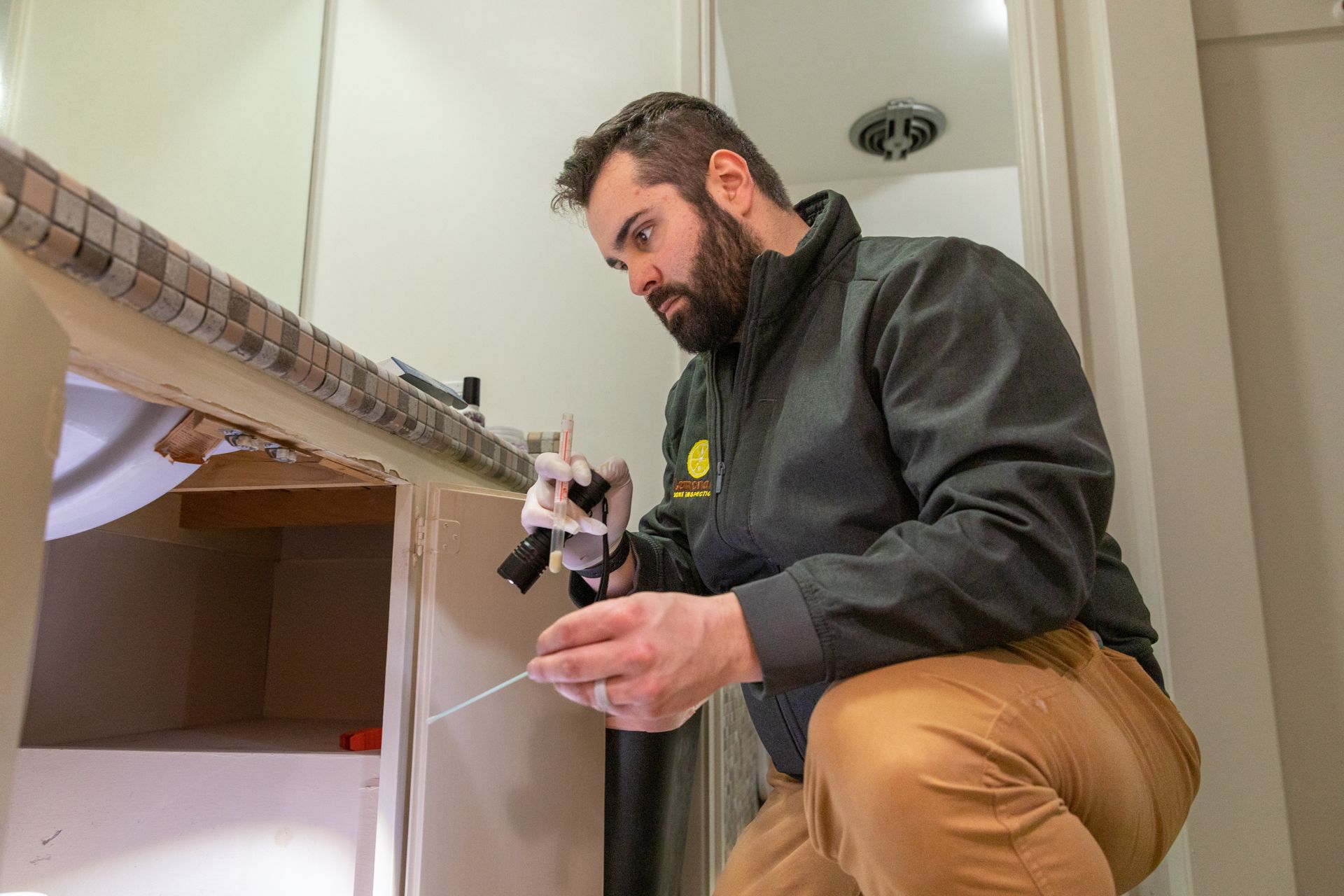Navigate the home inspection process with ease by understanding what a home inspector does and doesn't do.
A home inspection is a crucial step in the home buying or selling process. But what exactly does a home inspector do, and what are their limitations? It's crucial to have accurate expectations so that you can make informed decisions about one of the most significant investments you're likely to make in your lifetime. We'll clarify the role of a home inspector, debunk some common misconceptions, and outline what you can expect from a comprehensive home inspection.
Responsibilities of a Home Inspector
Conducting a Visual Inspection
Home inspectors conduct a detailed visual inspection of a property to assess its current condition. They evaluate various components such as the roof, foundation, plumbing, electrical systems, heating and cooling systems, walls, floors, and ceilings.
Providing a Comprehensive Report
After the inspection, you'll receive a detailed report that outlines the inspector's findings. The report will include information on any defects or issues that may need to be addressed, often accompanied by photographs and recommendations for further action.
Answering Questions
Your home inspector is there to provide clarifications and answer any questions you may have during or after the inspection. It's your opportunity to understand the state of the property you're considering buying or selling.
Limitations of a Home Inspector
Cannot See Behind Walls
Home inspectors perform a non-invasive, visual inspection, which means they won't open up walls or ceilings to look for issues hidden behind them.
Not a Specialist in All Areas
While home inspectors are knowledgeable about general home construction and systems, they are not specialists in every area. For issues that require specialized knowledge, such as pest control or environmental hazards, you may need to consult additional experts.
No Guarantees
A home inspection is based on the condition of the house on the day of the inspection. It's not a guarantee that the condition of the home won't change or that issues won't arise in the future.
Common Misconceptions
Pass or Fail
There's a common misconception that a home inspection is a pass or fail test for a home. In reality, the inspection is designed to inform buyers and sellers about the home's condition.
All Inspectors Are the Same
Not all home inspectors are created equal. Inspectors have varying degrees of expertise, experience, and credentials. Always ensure you're hiring a certified, well-reviewed inspector.
A Good Inspector Will Find Every Issue
While a skilled inspector will identify most problems, it's important to remember that no inspection is 100% foolproof. Some issues may only become apparent over time or under specific conditions.
Understanding the role and limitations of a home inspector can help set realistic expectations and guide you through a smoother, more informed home buying or selling process. Armed with this knowledge, you can better appreciate the valuable insights a professional home inspection offers, enabling you to make confident, informed decisions about your property investment.




